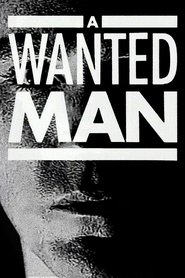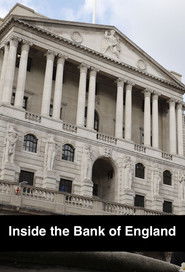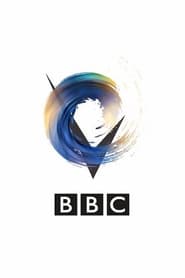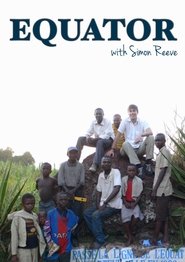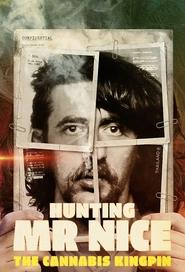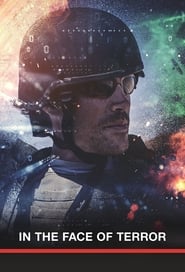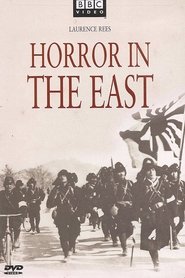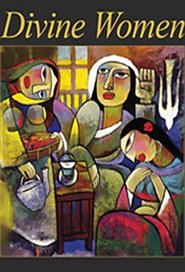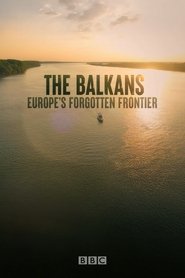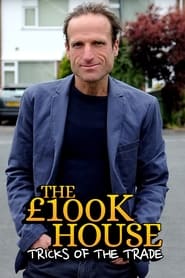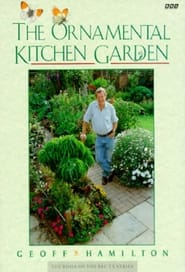Bbc Two TV Series - Page 79
-
Joanna Page's Wild Life
2025
Joanna is determined to spend her summer working at Wildlife Aid, one of the UK's leading wildlife hospitals, learning how she can help. With no special treatment, Joanna first must pass the 'smell test', starting with mucky cage and pen cleaning but hoping to progress to animal triage training, helping in the vet room and going out on rescues and releases. -
Uncanny Post Mortem
2025
Uncanny Post Mortem
2025
They know what they saw. Danny's joined by celebs and experts from Team Sceptic and Team Believer for an even deeper dive into the weird world of the paranormal. -
A Wanted Man
1989
A Wanted Man
1989
A Wanted Man is a groundbreaking three‐part British miniseries first shown on BBC2 in September 1989. Directed by Nicholas Renton and written by Malcolm McKay, it evolved from his earlier one‐off play “The Interrogation of John” into a daring trilogy. The series follows the capture, trial, and psychological unravelling of a serial killer, offering an in‐depth exploration of criminal behavior and the ethical dilemmas faced by the justice system. With deliberate pacing, stark realism, and an unflinching look at human darkness, it challenges conventional crime dramas and compels viewers to confront unsettling questions about responsibility, morality, and the nature of evil. Critically acclaimed and award‐winning, A Wanted Man remains essential viewing for anyone seeking a thought‐provoking, intense, and unforgettable drama experience that not only entertains but also forces a deep reflection on the fragility of human nature and the complexities of justice. -
Living in the Past
1978
Living in the Past
1978
A group of young people live and work on a replica of a prehistoric Iron Age settlement at a secret location in the West of England. Cut off from the modern world, the group try to re-create the way of life of Celtic tribesmen in the third century BC. -
Entertainment USA
0000
star 7.5Entertainment USA was a British television series broadcast by the BBC, first shown on BBC2 in 1983 it ran for eight years and was devised and presented by Jonathan King -
Inside the Bank of England
2019
A documentary look inside the Bank of England during the turbulent year 2018 -
Antiques Uncovered
2012
Antiques Uncovered
2012
Historian Lucy Worsley and antiques expert Mark Hill uncover the stories behind remarkable antiques and how they relate to our lives today -
Victoria Derbyshire
2015
Victoria Derbyshire
2015
With original stories, exclusive interviews, audience debate and breaking news, Victoria Derbyshire presents the BBC's daily news and current affairs programme. -
Equator
2006
-
Hunting Mr Nice: The Cannabis Kingpin
2024
star 8Howard Marks was Britain’s most notorious drug smuggler - until his luck ran out. Told by his inner circle and the cops on their tail, was he really ‘Mr Nice’? -
Wales and the History of the World
2010
Eddie Butler presents a series that reveals some extraordinary stories about Wales and the history of the world. -
In the Face of Terror
2020
Taken hostage in Syria by ISIS, or caught up in the Christchurch massacre in New Zealand, survivors and family members share their fight for truth, justice and closure. -
Horror in the East
2002
star 8Horror in the East: Japan and the Atrocities of World War II is a BBC documentary film series that examines certain actions, including atrocities, and attitudes, of the Imperial Japanese Army in the lead up to and during World War II. The film also examines attitudes held by the British and Americans, toward the Japanese. It was written and produced by Laurence Rees and narrated by Samuel West. -
Divine Women
2012
star 6Bettany Hughes sets out on an epic journey across continents and back in time to trace the hidden and often controversial history of women in religion -
The Balkans: Europe’s Forgotten Frontier
2025
The BBC's Europe editor, Katya Adler, travels across the Balkans. -
Matriarch
0000
Matriarch
0000
Dr Jane Goodall first began studying the chimpanzees of Gombe, Tanzania in 1960. Her pioneering work forever changed the way we understand the species. The series focuses entirely on the stories of the females of Gombe for the first time. -
The £100k House: Tricks of the Trade
2014
Homeowners are helped with their ambitious building projects. -
Skies Above Britain
2016
Skies Above Britain
2016
A look at the unseen side of aviation. With unprecedented access to the world of air traffic control, the series puts the spotlight on the hidden army of controllers whose job it is to keep our skies safe. -
The Ornamental Kitchen Garden
0000
The Ornamental Kitchen Garden is an engaging series giving practical advice on constructing a modern kitchen garden, without compromising its looks. The Ornamental Kitchen Garden provides essential insight on plant selection and locations, planting schedules, harvesting times, soil type, drainage, crop rotation and composting.


